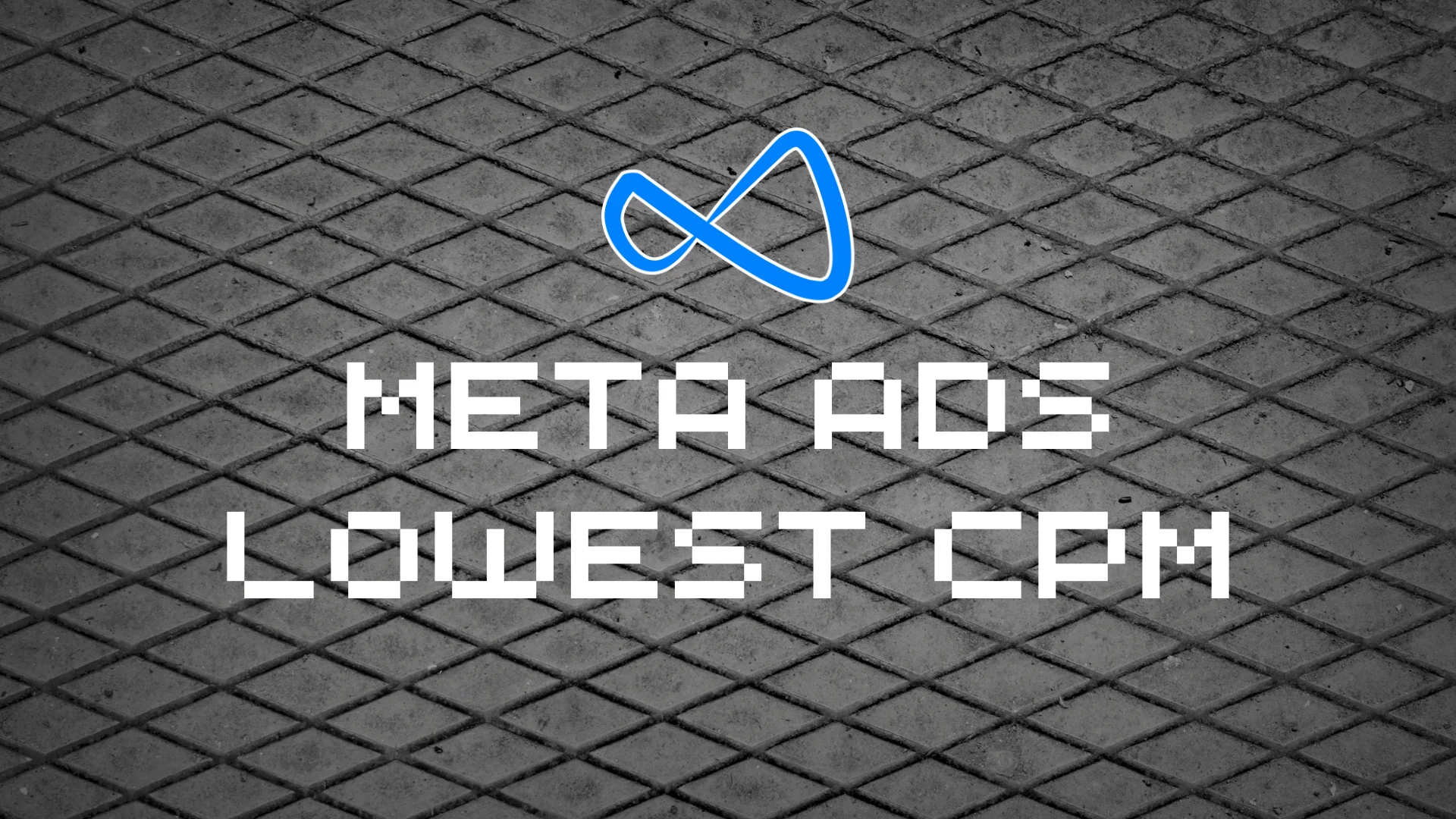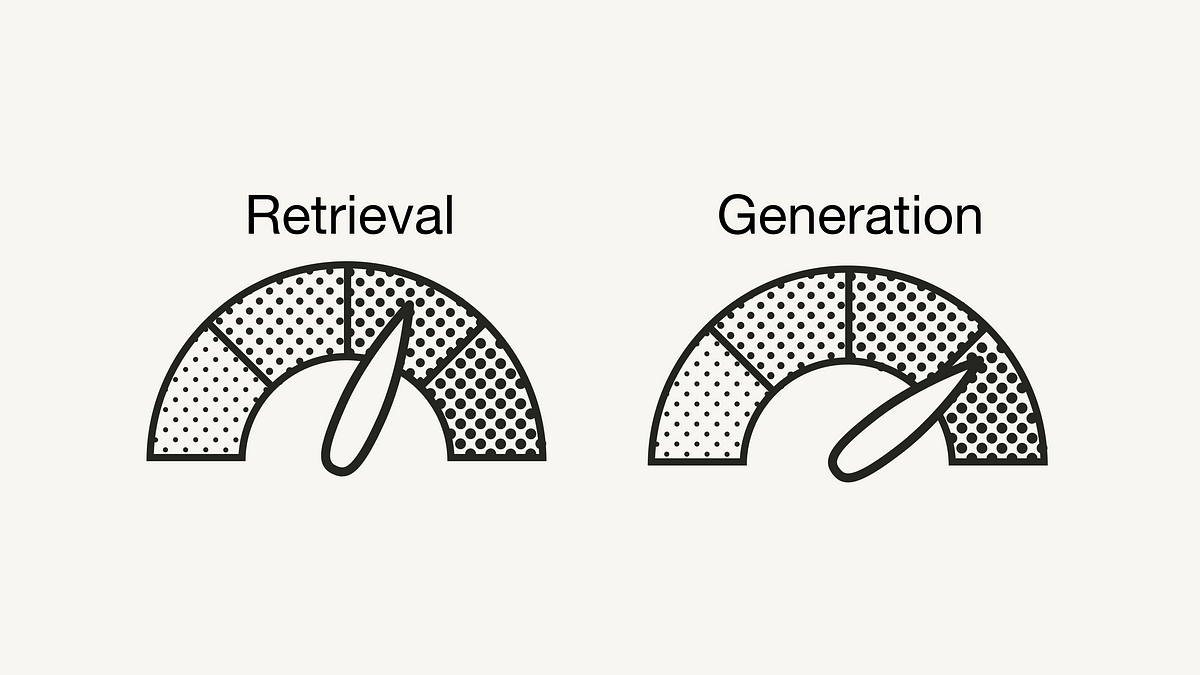There’s a question that continues to be discussed in tech company break rooms and startup coffee chats: ‘Is PHP still relevant?’ This question holds significant importance for developers, entrepreneurs, and tech strategists as they navigate the ever-changing landscape of the industry.
Is PHP Still Relevant? In 2023, PHP continues to be the backbone of approximately 77% of all websites that use a server-side language, including major platforms like Facebook and Wikipedia. This demonstrates PHP’s adaptability and resilience. The reasons for its widespread adoption are numerous:
1. Ease of Learning and Use: PHP has a beginner-friendly syntax, making it accessible for new developers and ensuring a large pool of skilled personnel for companies.
2. Compatibility and Flexibility: PHP is highly compatible with various platforms and servers, making it a versatile choice for different web applications. It seamlessly integrates with databases like MySQL, which is crucial for web development.
3. Cost-Effectiveness: Being open-source, PHP reduces the cost of web development, making it an attractive option for businesses of all sizes.
Top 15 Reasons PHP is Still Relevant in 2024:
1. Dominant Market Presence: PHP is widely used in server-side programming, indicating its widespread adoption and trust in the industry.
2. Integral to WordPress: PHP powers over 40% of the web through platforms like WordPress, making it indispensable in content management and website development.
3. Advancements in PHP 8: The introduction of JIT compilation in PHP 8 significantly improved performance, reducing execution times and enhancing resource efficiency.
4. Robust Community Support: PHP’s extensive community provides resources, forums, and documentation for quick problem-solving and knowledge sharing.
5. Diverse Frameworks and Tools: PHP offers powerful frameworks like Laravel and Symfony, streamlining the development process for simple and complex projects.
6. Beginner-Friendly Nature: PHP’s straightforward syntax makes it an ideal starting point for new developers, ensuring a continuous influx of talent.
7. High Flexibility and Compatibility: PHP is compatible with major operating systems and seamlessly integrates with various databases, making it versatile for web developers.
8. Open-Source and Cost-Effective: PHP being open-source reduces software development costs, making it beneficial for small businesses and startups.
9. Optimized Web Performance: PHP’s design ensures quick response times and efficient processing, crucial for user experience and search engine rankings.
10. Universal Hosting Support: Most web hosting providers offer PHP support, ensuring easy deployment of PHP-based applications with minimal compatibility issues.
11. Proactive Security Measures: Regular updates and a large community contribute to PHP’s robust security features, safeguarding web applications.
12. Legacy in Big Tech: PHP’s use by big tech companies like Facebook and Yahoo has influenced web development practices and the evolution of PHP itself.
13. Consistent Demand in the Job Market: The demand for PHP developers in the job market indicates its relevance in various opportunities.
14. E-commerce Capability: PHP’s strong presence in e-commerce platforms like WooCommerce and Magento provides scalability and flexibility for online merchants.
15. Scalability for Traffic Handling: PHP efficiently handles large volumes of traffic, making it suitable for websites of all sizes.
PHP Compared to Other Major Programming Languages:
Understanding how PHP compares to other languages is important in recognizing its ongoing relevance. Here’s a comparison with similar languages:
– PHP vs. JavaScript (Node.js): PHP is specifically designed for web development, making server-side scripting straightforward. Node.js requires a deeper understanding of JavaScript’s asynchronous programming model.
– PHP vs. Python: PHP’s focus on web development gives it an edge over Python, which requires additional frameworks for web development.
– PHP vs. Ruby (Ruby on Rails): PHP benefits from a larger market share and more resources compared to Ruby.
10 Criticisms of PHP: Factors Potentially Affecting Its Future:
While PHP is widely used, it’s important to acknowledge the criticisms it faces:
1. Performance Issues Compared to Newer Languages: PHP faces competition from languages like Node.js and Go in handling heavy I/O operations and real-time data handling.
2. Security Concerns: Despite enhancements, PHP has historically been vulnerable to security issues, impacting its perception among some developers.
3. Modern Language Features: PHP is sometimes seen as catching up to modern languages like JavaScript and Python in terms of syntax and capabilities.
4. Rapid Evolution of Web Technologies: PHP may require additional components or workarounds to integrate seamlessly with rapidly evolving web technologies.
5. Perception Issues: PHP is not often seen as one of the top languages developers prefer to work with, influenced by the popularity of newer languages and frameworks.
6. Complexity in Large-Scale Applications: PHP may not be the first choice for managing large-scale, complex applications that require robust microservices architectures.
Despite these criticisms, PHP continues to showcase its versatility, reliability, and innovation in web development. Whether for new developers or established tech giants, PHP remains pivotal.
Source link
























